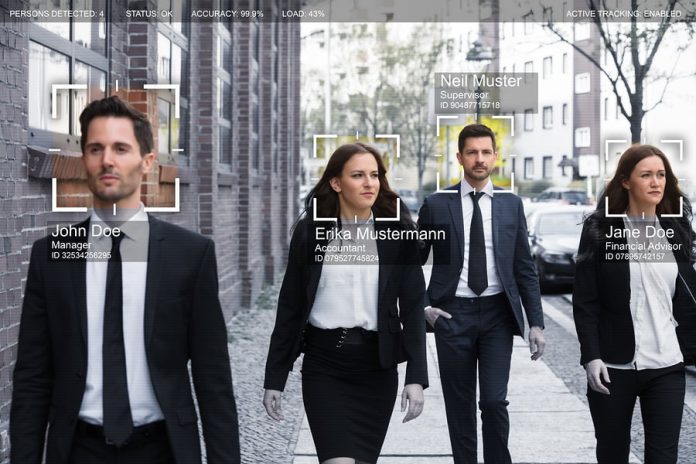I noticed that SEN’s editor re-posted an article on Twitter recently that highlights worrying uses of face recognition technology and I’m interested in what your take is on a surveillance technology which might give authorities the power to recognise any person at any time. Is there a way to balance the power of face recognition with citizens’ right to privacy, in your opinion?
A: This is an interesting question and one that’s very hard to answer. Accurate face recognition has the capacity to streamline many tedious processes, from customs queues to access control. It can also be used to market products to individuals based on known preferences. Worthwhile security applications include the ability to recognise persons of interest and bring them to the attention of security teams and police, as well as to search video surveillance servers for footage of missing persons – essentially making CCTV proactive – that’s what we’ve all wanted for a very long time.
While it’s wondrous in its potential, face recognition is a bit of a double-edged sword. For instance, the article re-posted by SEN highlights the fact the Australian government is currently working on an identity matching services bill that will create a national biometric database using face recognition technology that can be linked to passports, licenses and more. If passed by the house, the bill would let multiple government agencies access an individual’s data using a centralised system managed by the Department of Home Affairs.
According to the government, the bill before parliament will simply automate existing data sharing – this argument is true. Yet the very clunkiness of the existing sharing procedures build in a measure of protection for citizens. This is important, given we are at the faintest dawn of deep learning. Just how capable these face recognition solutions will be in 20 year no one can say. Much more capable – that’s the only certainty.
There are fears in parts of the community that the government will be able to recognise random people walking in the street using this system. The splintered nature of CCTV systems around Australia (and everywhere else) and the cost of integrating them coherently precludes this, as does the fact face recognition is hard to do properly. You’re not going manage it with typical wide-angle situational awareness cameras.
Regardless, this fear of eroded personal liberties, and the possibility there will be mismanagement of a potentially pervasive system, leaves the electronic security industry open to being viewed less as a protector of society and more as the facilitator of a species of surveillance state. Given the industry’s inherently protective nature – and we all feel that nature – it’s important we have open conversations about face recognition to ensure we are not seen in this damaging light, and that we balance liberty, security and support for law enforcement teams, with delicacy.
Protocols need to be established and checks put in place to ensure this powerful technology can be used for good – to enhance efficiencies and save time – but not as a tool of societal control. In writing this sentence, I appreciate its improbability, but we must try. Consider that presently, the bill doesn’t require law enforcement agencies to get a warrant before using the system to identify someone. This looseness needs to be resolved through the introduction of protective processes that still retain flexibility, allowing law enforcement agencies to manage investigations with maximum efficiency.
While the Australian Government is seeking cost reduction and operational efficiency from its proposed solution, I think there’s zero chance such systems will not be used for intrusive management and control of populations around the world in the future. In my opinion, co-operating with the establishment an unregulated Identity Matching Services Bill would be to the detriment of the Australian electronic security industry’s significant positive social capital.
#sen.news









